Palo Alto Networks firewalls are used to protect enterprise networks, and Palo Alto Firewall Training Courses allow participants to learn about how to configure, manage and troubleshoot the Palo Alto Networks firewalls. These courses are intended for network security professionals, system administrators, and IT staff wishing to gain improved skills in system security and network firewall management.It is a collection of topics covering from basics of Palo Alto firewalls to enhanced configurations. The key learning that happens in these courses is the architecture of the Palo Alto Firewall which comprises of control plane, data plane and management plane. These components must be understood to efficiently configure and run. It also covers basic firewall configuration. This module lets students get their hands dirty with firewall policies, zones, interfaces, and how to set up security rules to adequately protect your network from the evil they outside. The second key topic is Network Address Translation (NAT). The learners learn how to set up static and dynamic NAT policies from which IP addresses will be translated for inbound and outbound traffic.
 Top Ranked Cyber Secuirty Course By HACKING TEACHER
Top Ranked Cyber Secuirty Course By HACKING TEACHER


































AI Powered Full Stack Web Development Course
Learn AI powered web development and futureproof your career to lead in an AI dominated tech industry.
learners how to implement and manage HA configurations such that firewall services remain available continuously. In this, active-passive and active-active HA modes are configured for network redundancy, and keep downtime to a minimum whilst boosting network reliability. Palo Alto firewall training is focused on real world scenarios and practical skills.
In labs and exercises students work in simulated real network environments and use skills that have been learned to solve security problems. For many courses, certifications prepare you for the Palo Alto Networks Certified Network Security Administrator (PCNSA) or Certified Network Security Engineer (PCNSE) exams. At the end of the course participants should be positioned to deploy and manage Palo Alto firewalls confidently, providing their organizations with strong security.
Network security is built on the most important things: threat prevention.Palo Alto firewall training covers in depth how to secure the network from malicious activity by configuring the different threat prevention features like Intrusion Prevention Systems (IPS), anti virus, anti spyware, and URL filtering. As well as security, the use of Virtual Private Network (VPN) configuration is explored in depth.
Students learn how to configure site to site VPNs, remote access VPNs, and SSL VPNs using Palo Alto firewalls to enable secure communication across different networks through courses. Participants learn how to use Palo Alto logging tools to monitor firewall activity, forward logs from firewalls and firewalls use reports for analysis.
Additionally, troubleshooting and performance tuning topics are also included in the course so that professionals facing misconfigurations or traffic bottlenecks will know what to do.
































Highest Salary
Average Salary
Hiring Partners


+ Unlimited Pwnbox usage
+ CPE credits submission
+ Unlimited Pwnbox usage
+ CPE credits submission
+ Unlimited Pwnbox usage
+ CPE credits submission
+ Unlimited Pwnbox usage
+ CPE credits submission
The Hacking Teacher Certification teaches educators about teaching ethical hacking and cybersecurity with the proper skills. This program offers extensive training on some of the most technology pressing issues facing the cyber security world today including penetration testing, threat analysis and secure coding. It is ideal for IT professionals and trainers to ensure that all knowledge is transferred for audiences to inspire the next generation of cybersecurity experts.

We focus on essential exploiting topics such as SQL Injection, Wireless Networks, IoT Hacking, Cloud Computing, social engineering, sniffing, and session hi jacking.










Enterprise Attack Simulation Training is an opportunity to practice simulating cyberattacks against corporate networks on a hands-on basis. Participants learn how to find vulnerabilities, to exploit weaknesses and to evaluate system defenses using advanced tools and methodologies.
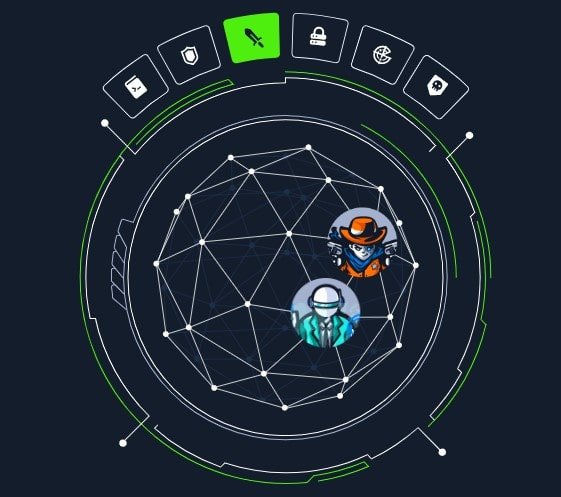
The practice is in live, not simulated virtual IT labs built according to the leading vendors certifications, including: Apart from these CompTIA, Microsoft, Cisco, VMware etc." Our labs were designed to be interactive, and targeted towards a lot of real world experience so learners can hone their practical skills. We work with subject matter experts on networking, security, cloud computing and more, and we create and deliver labs based on these core IT competencies.

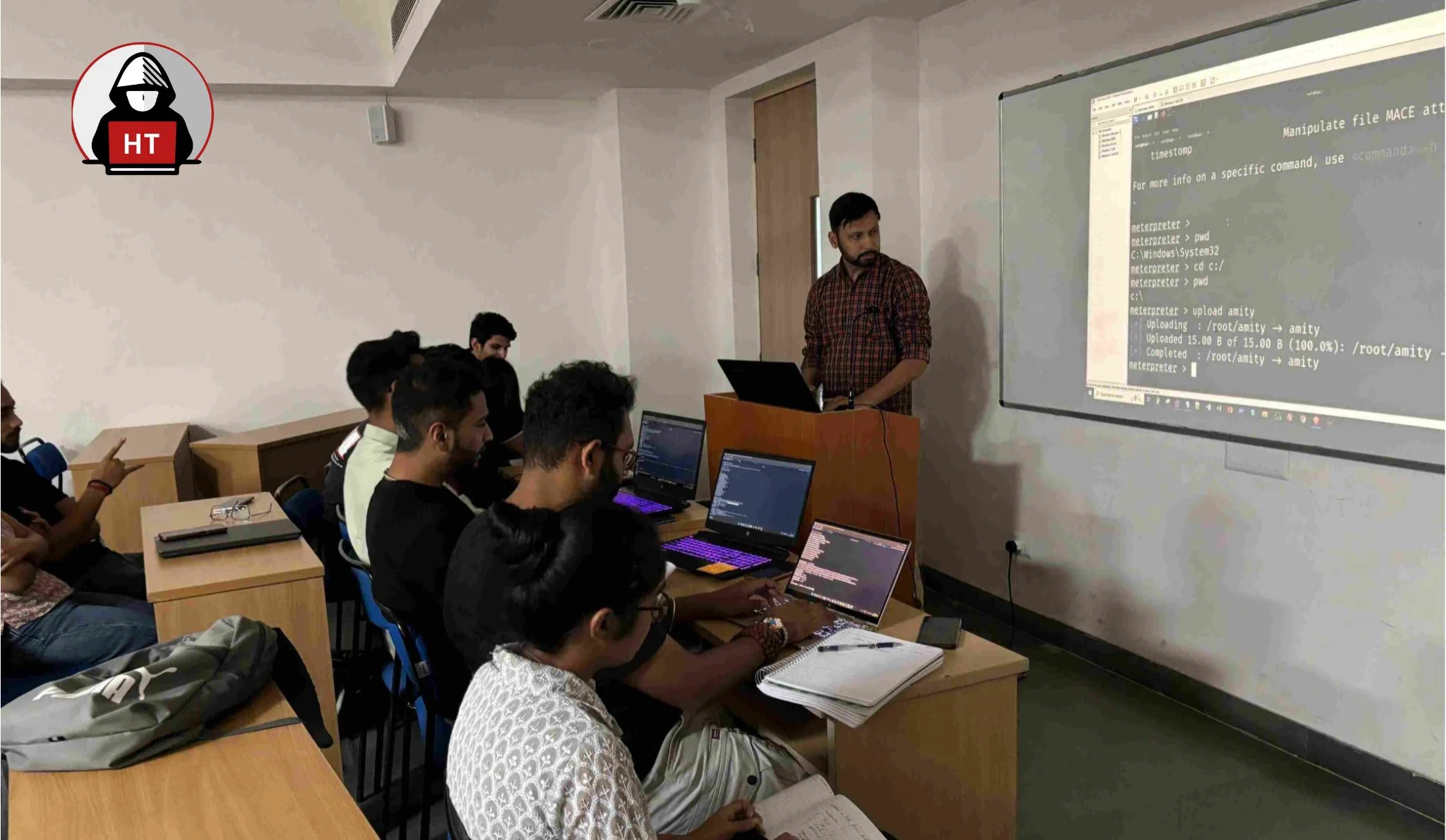
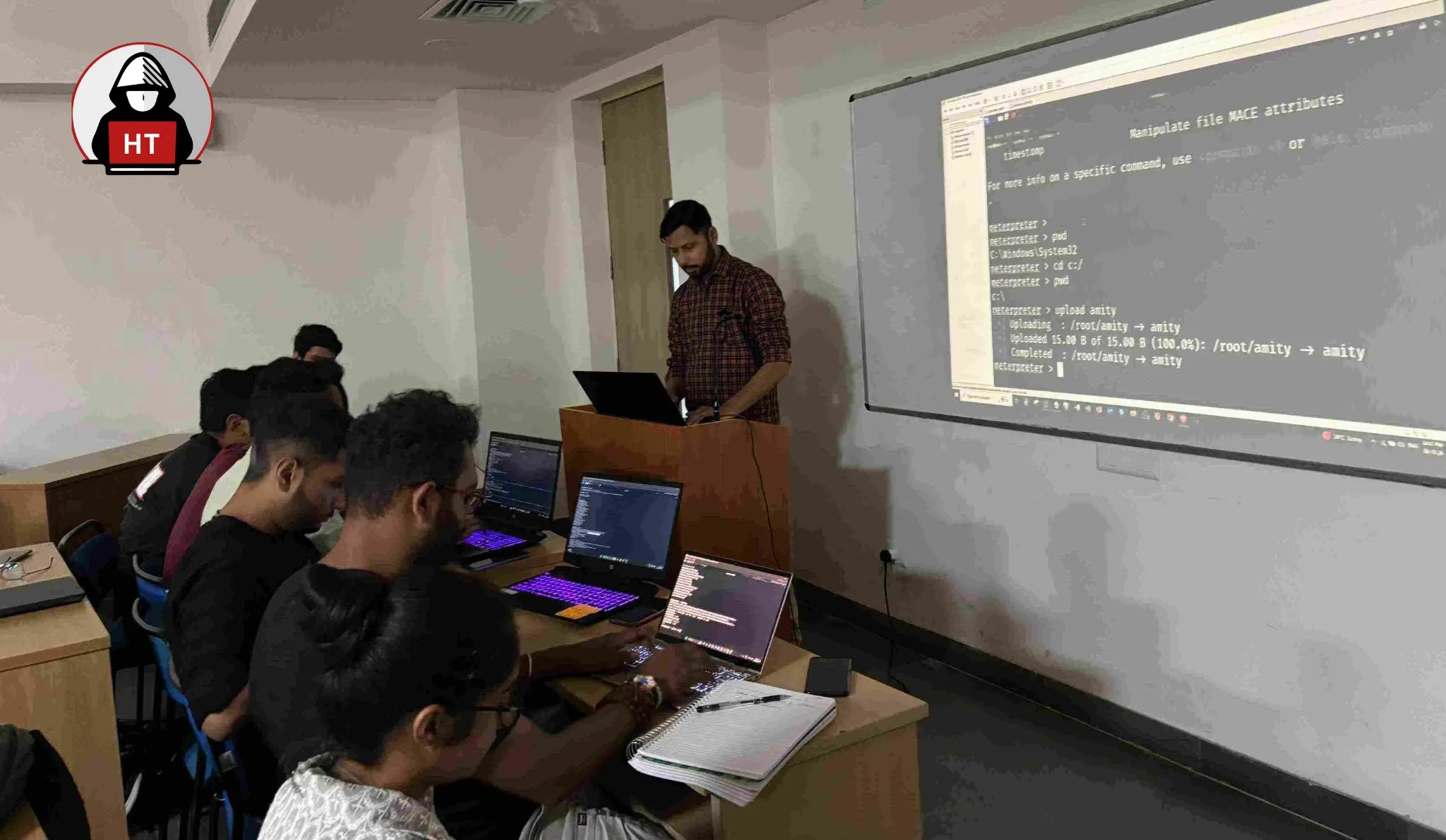
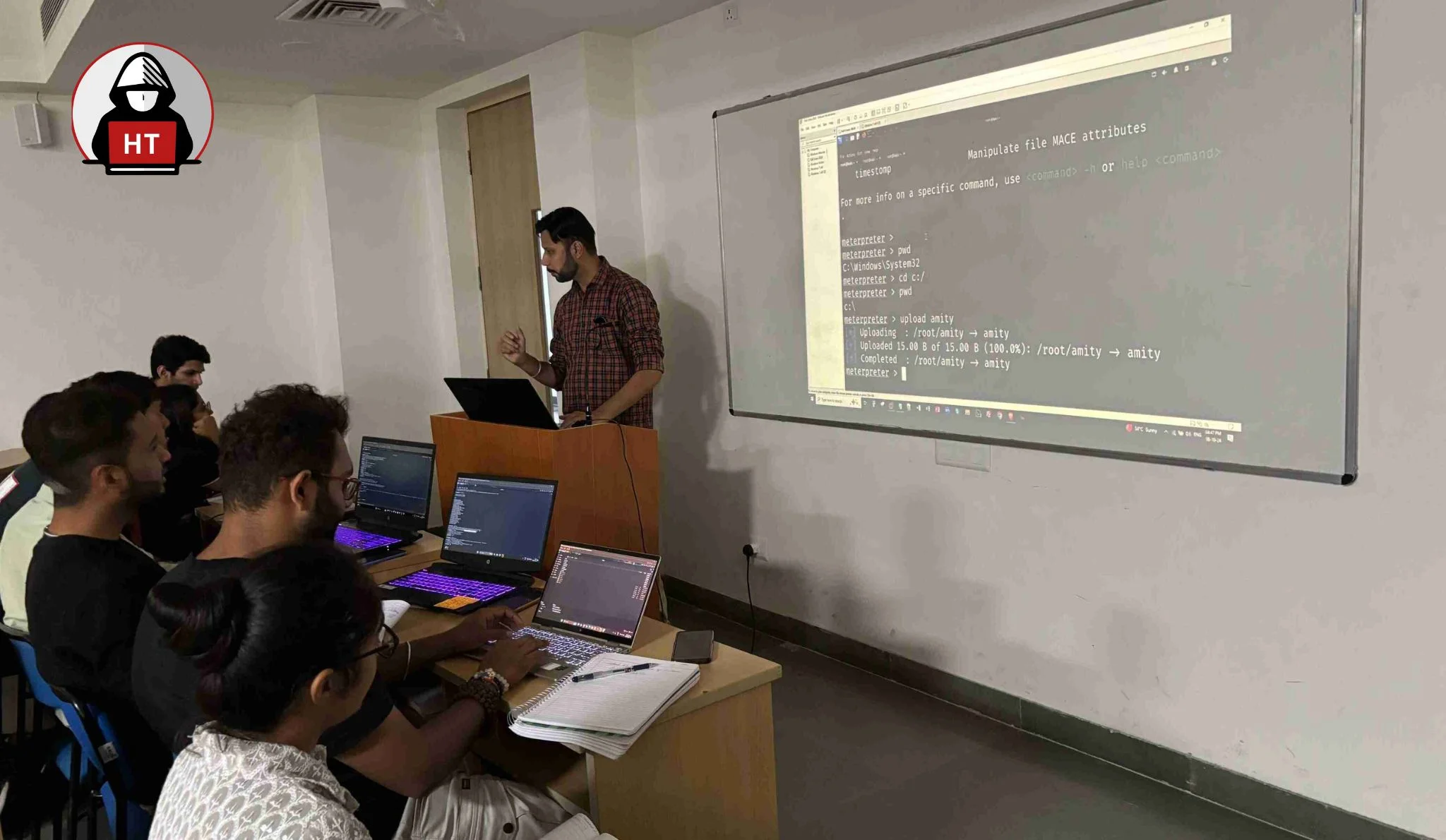
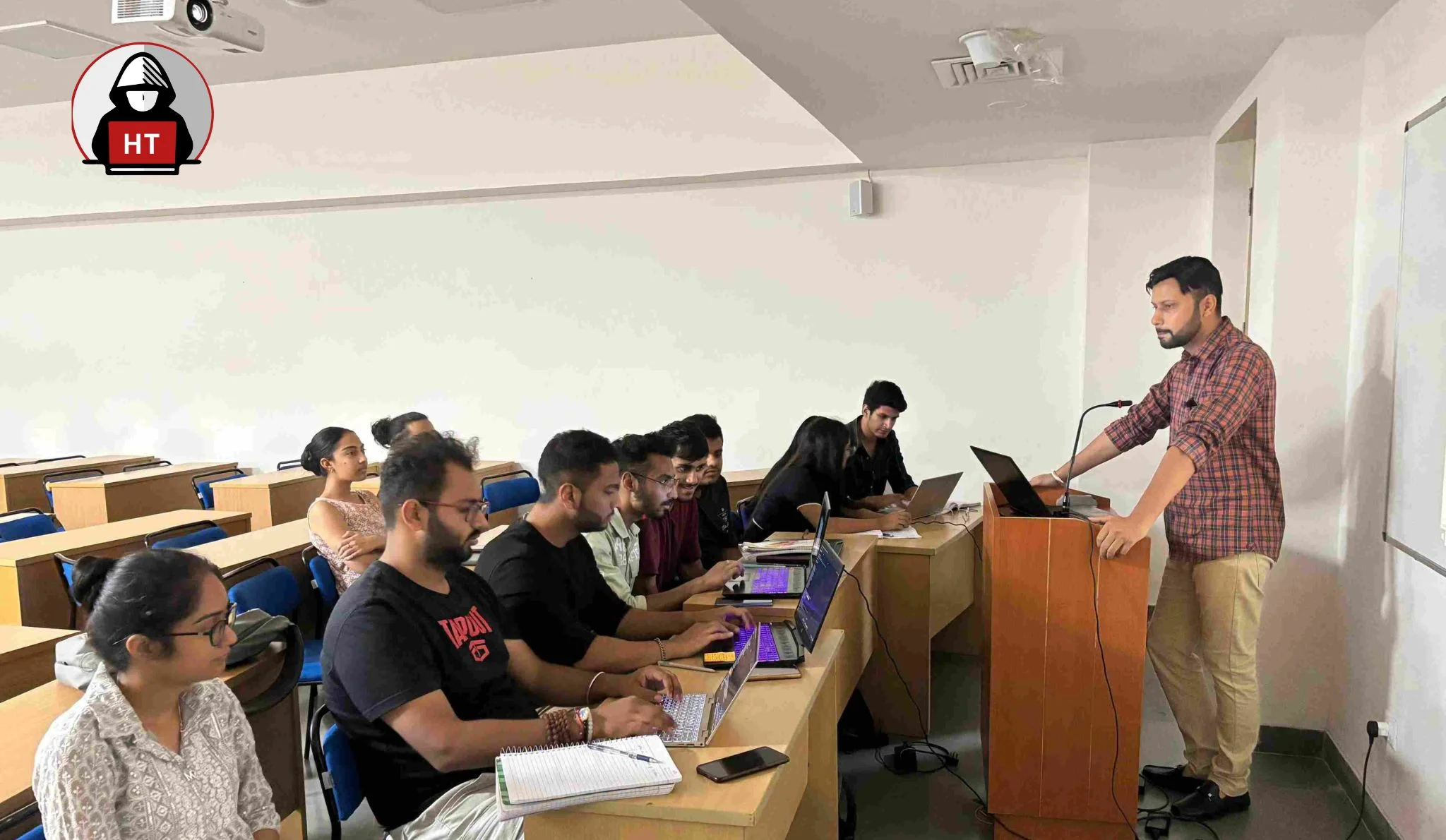
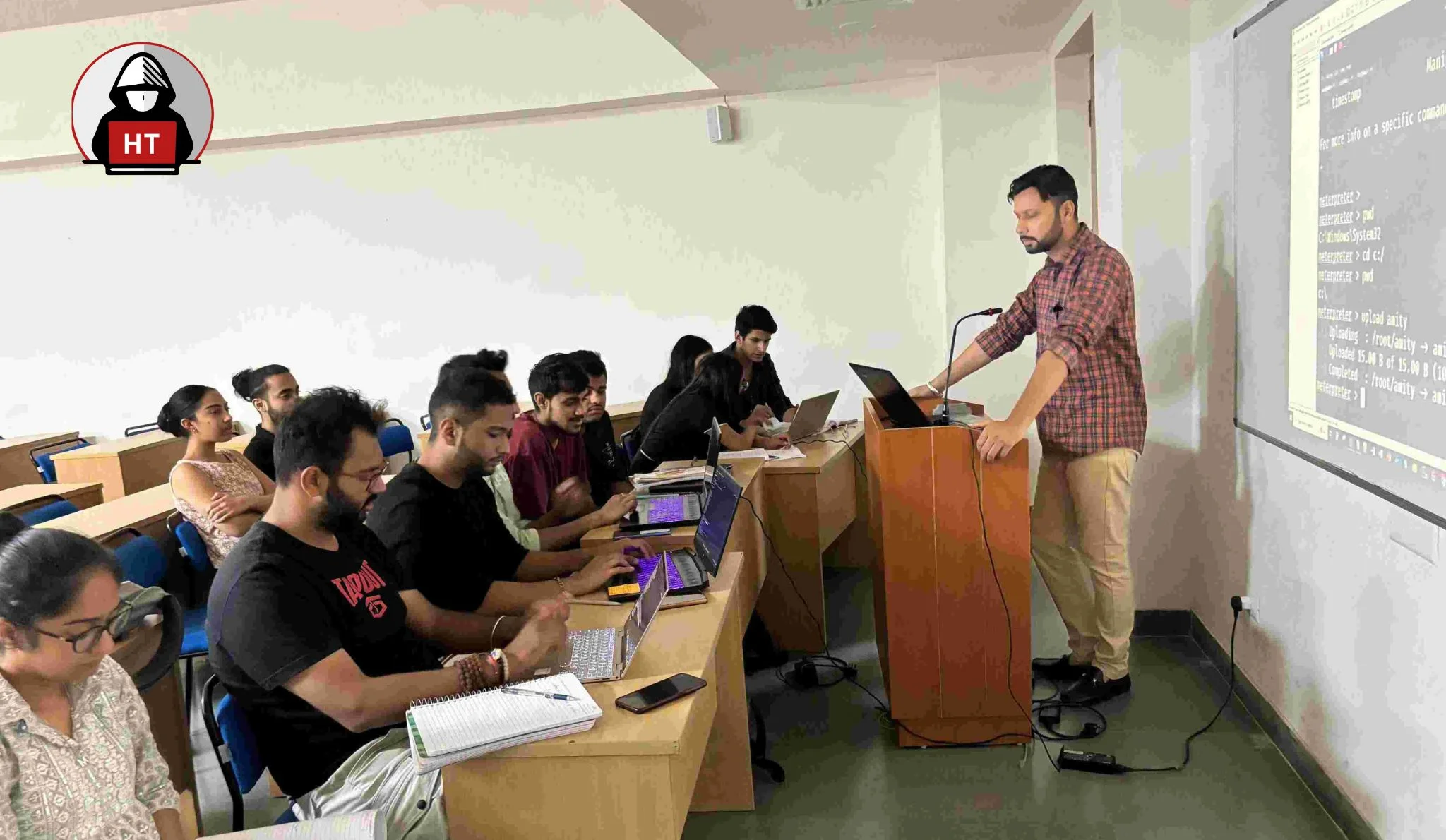





Hacking teacher Learning is here to ensure that you don’t get left behind in a world of technology that is too quickly changing. On a day to day basis, we’re recording and sharing content that can impact your bottom line.

Typically, courses equip students with know how in Palo Alto Networks firewalls features ranging from basic to advanced configurations and management, security policies, setup of VPN, prevention of threats, and monitoring of traffic.
The advanced sessions can contain automation topics, troubleshooting problem questions, and integration with other network security tools.
All these basic concepts like, IP addressing, routing, firewall are necessary for many beginner level courses.
For advanced courses it is possible to recommend the knowledge or certification as PCNSA (Palo Alto Certified Network Security Administrator).
Students are trained for PCNSA, PCNSE, Palo Alto Certified Network Security Engineer, or they have specialized certifications in Cortex and Prisma for cloud security. These are the credentials to prove you have skilled in the use of Palo Alto products.
Online and In person Palo Alto training courses are offered. Classes on this bootcamp are available as live virtual courses or self paced modules, allowing professionals from all over the world to take advantage of training.
It depends on course level and format. Basic courses can be 2 – 3 days from beginning to end, more comprehensive or advanced courses can be 5 – 7 days long (or several weeks for self paced part time learning).
Palo Alto Networks Certified Network Security Administrator (PCNSA) and Certified Network Security Engineer (PCNSE). Offering a structured learning environment, these courses enable participants to take advantage of Palo Alto’s advanced security features such as threat prevention, VPN setup and high availability configurations all in a hands on environment. Learners who complete these courses know about the theory behind firewall technology and discover practical skills used while addressing the real world network security challenges. Their training programs generally have well rounded modules covering security policies, NAT, traffic monitoring, log management etc all of which are very important to pass certification exams.
Moreover, training courses typically mimic the exam environment, so learners feel ready when they sit for the real certification test. Palo Alto certification is considered proof of expertise in network security and increases your chances of getting a promotion and career advancement. With organizations rapidly adopting Palo Alto firewalls as an excellent source of robust cybersecurity, certified professionals are highly sought for, and these certifications will be worth your while in the IT security field.

Interview wifi Hacking

Life of Hacking Teacher

Microsoft on Vishal Sharma

Software Engineer at TechWise
“Hacking Teacher’s Firewall Expertise (Palo Alto) course is your gateway to mastering Palo Alto Networks’ firewall solutions. With a focus on practical application and real-world scenarios, this course equips you with the knowledge and skills needed to configure, manage, and troubleshoot Palo Alto firewalls effectively.”

Software Engineer at Accolite
“Whether you’re new to Palo Alto or seeking to enhance your skills, this course offers comprehensive coverage of firewall configuration, policies, and best practices. Gain the expertise to protect your network with confidence.”

Data Analysis at ByteBeam
“Elevate your firewall expertise with Hacking Teacher’s Palo Alto course. From foundational concepts to advanced techniques, this training provides hands-on experience and insider tips to help you become a Palo Alto expert. Don’t miss out on this opportunity to advance your cybersecurity career.”
FAQ
Our online courses are tailored to your specific needs, whether you are an experienced senior executive or a rookie leader.
Lorem ipsum, dolor sit amet consectetur adipisicing elit. Eum laborum qui tempora numquam!
Paloalto Firewall Expertise Course equips to configure, manage and secure your network with the help of Palo Alto Networks firewalls.
For foundational courses, you will normally train for 3 to 5 days; advanced courses would be approximately 2 weeks.
It's recommended to have some basic networking knowledge, having work knowledge with firewalls and knowing what security protocols are.
If you are looking for comprehensive expertise, the Palo Alto Networks Certified Network Security Engineer (PCNSE) course is the best.
Yes, you can get a Palo Alto course foundational and advanced completed in one month with serious study and practice.
The best recognized credential for Palo Alto expertise is the Palo Alto Networks Certified Network Security Engineer (PCNSE) certification.
That type of work then leads to roles like Firewall Administrator, Network Security Engineer, or Cybersecurity Specialist.
While you can learn self on hands using Palo Alto’s official resources and online courses, you will need some hands on lab practice.
If you are a beginner the Palo Alto Networks Certified Cybersecurity Associate (PCCSA) is the best course for you.
The prerequisite is basic networking knowledge, and access to Palo Alto firewall devices or virtual labs and security principles.
Before starting the course, some basic knowledge of networking, security protocols and some experience with firewalls is recommended.
That’s one of the best, depending on your goals, to gain expertise in Palo Alto firewalls. Broad network security expertise, all other certifications may apply, Cisco, Fortinet, etc.
This can be a bit hard if you are a beginner but you can do with the right preparation and practice.
The course can be obtained directly from the Palo Alto Networks website or through authorised training partners and through websites such as Udemy and Pluralsight.